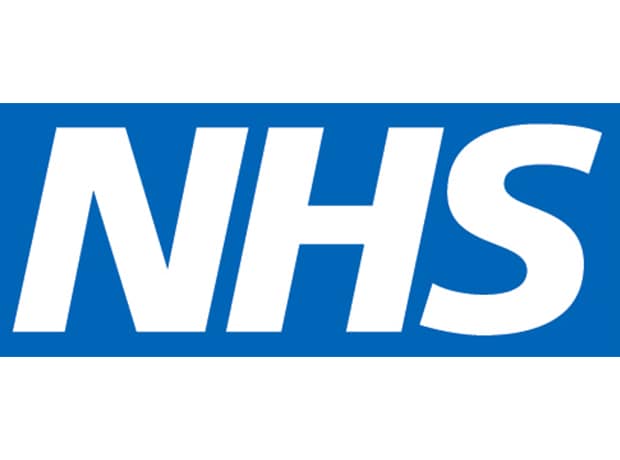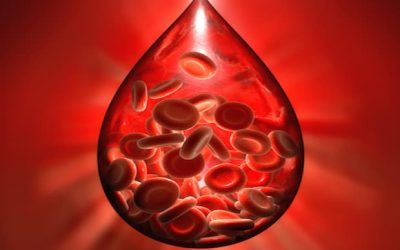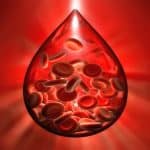NHS England has announced that from April this year it will fund Novartis’ Afinitor (everolimus) for patients living with Tuberous Sclerosis Complex (TSC)-related refractory epilepsy.
TSC is a rare genetic condition affecting 1 in 6,000 people that can lead to growths in various organs of the body, with the most common neurological feature being epilepsy, affecting at least eight out of ten people living with the condition.
The development is fantastic news as more than half of people with TSC who have epilepsy do not respond to standard anti-epilepsy medicines, and are in need of an alternative form of treatment – such as Afinitor.
Around 70 people in England are currently prescribed the drug for TSC-related kidney and brain tumours, with NHS England estimating that a further 300 people in England will benefit from the treatment once it becomes commonplace for treating TSC-related refractory epilepsy.
Afinitor can be life-changing for people with TSC-related refractory epilepsy, with evidence that 14 out of 15 people experienced significant improvements to their epilepsy and quality of life as a result of taking the drug, with three out of 15 people reporting that they had had no seizures since taking the drug.
Dr Chris Kingswood, consultant nephrologist and head of research Strategy at the Tuberous Sclerosis Association (TSA), commented: “NHS England has always recognised that there is enough clinical evidence to commission everolimus for TSC-related refractory epilepsy.
“The 20 percent chance of seizure freedom and 60 percent chance of significant seizure reduction from treating this group of patients with everolimus is a massive improvement compared to using traditional anti-epileptic drugs. Clinicians supporting people living with TSC will be thrilled to add everolimus to the range of treatments that we can offer to patients with TSC-related refractory epilepsy.”









